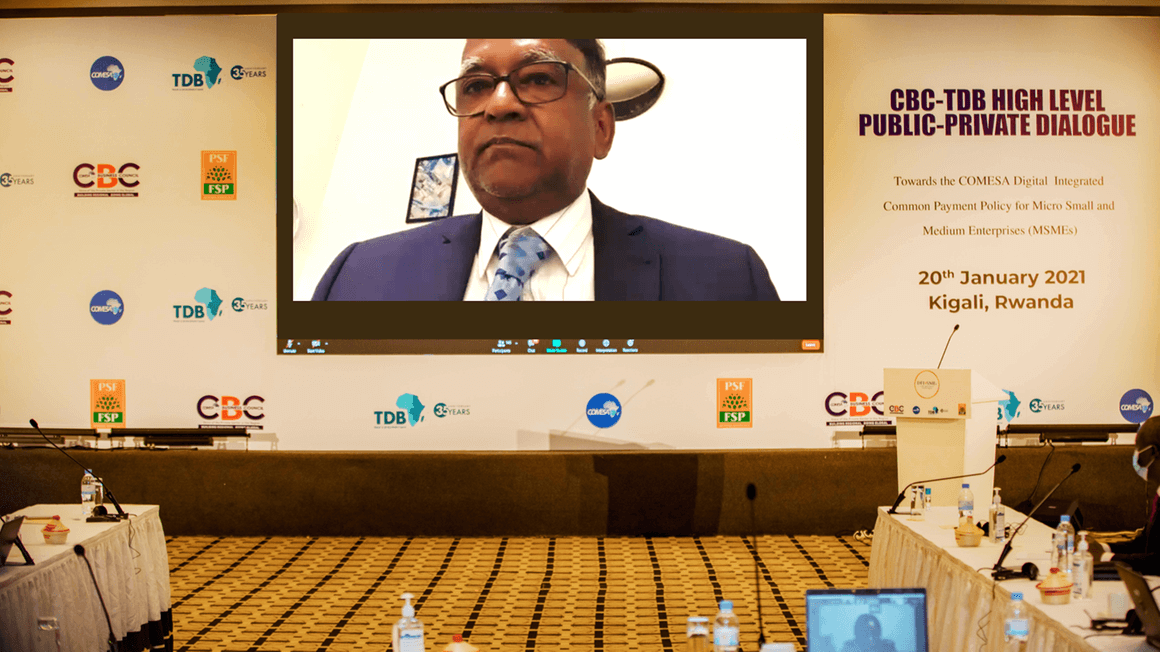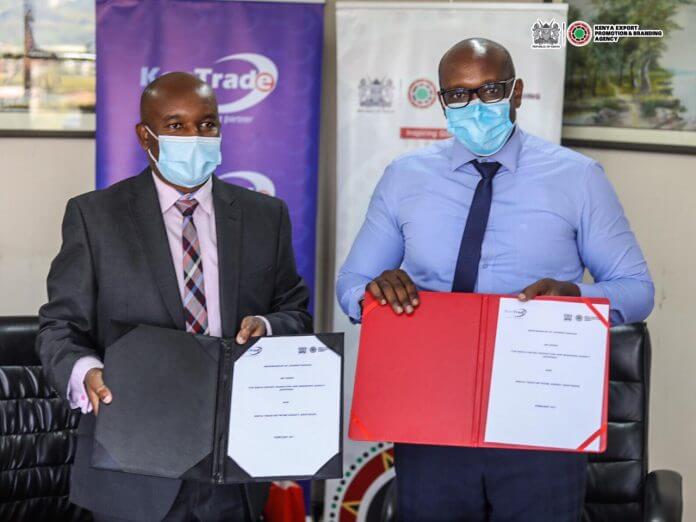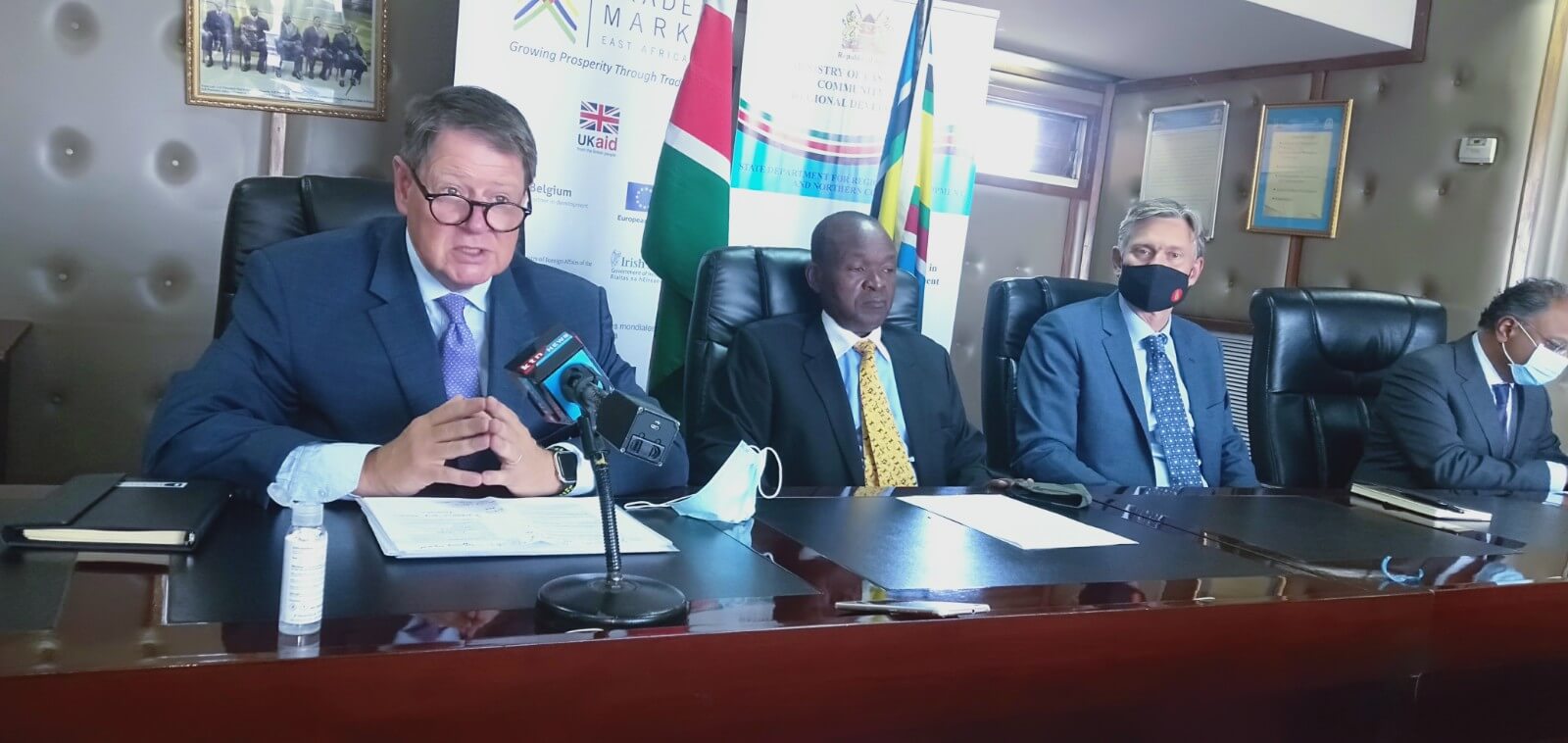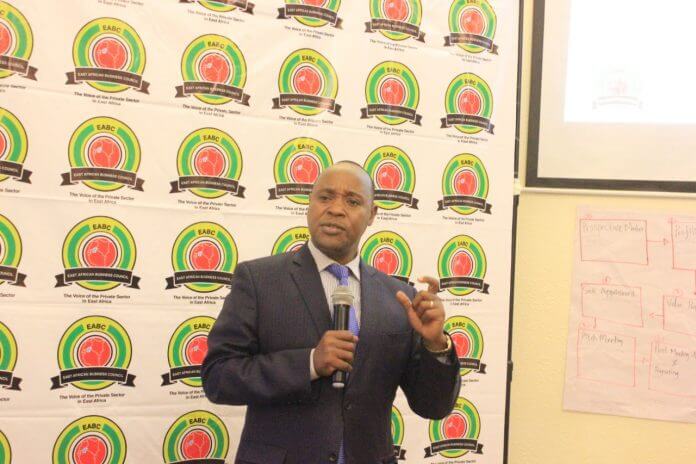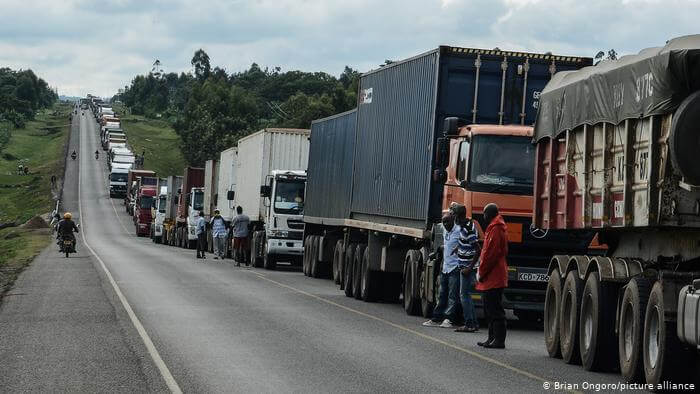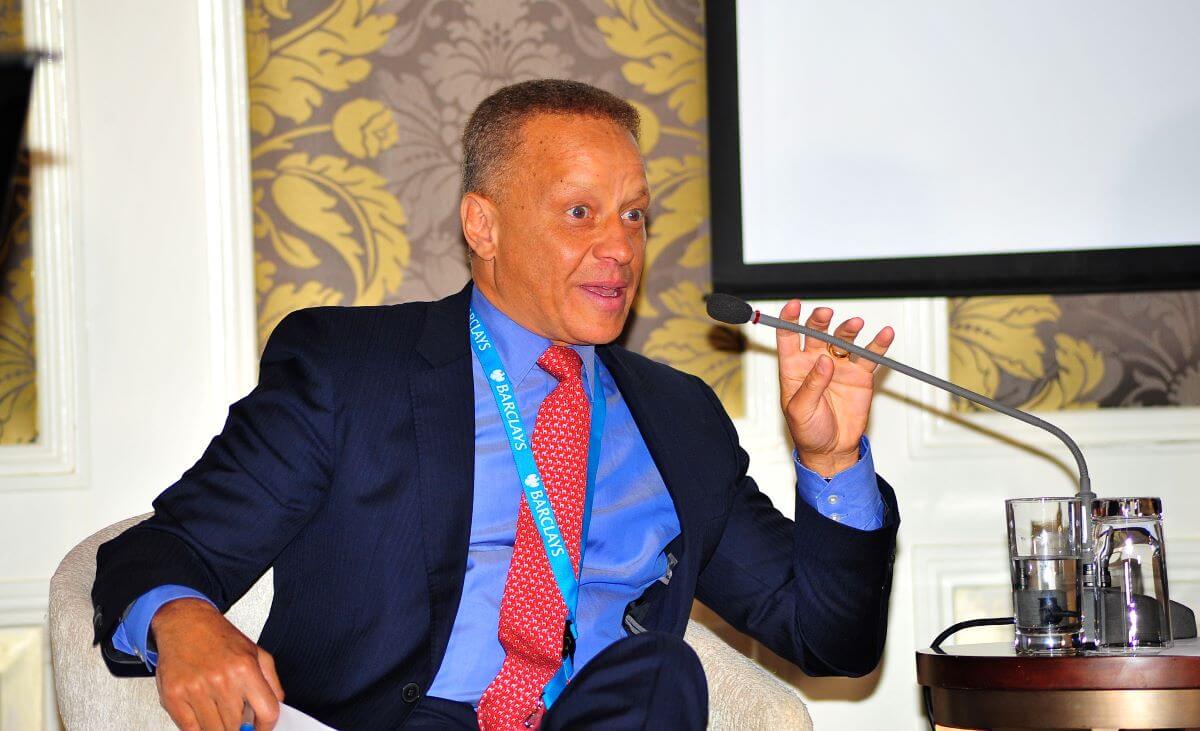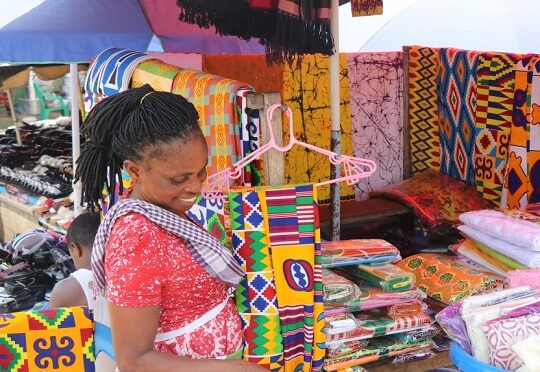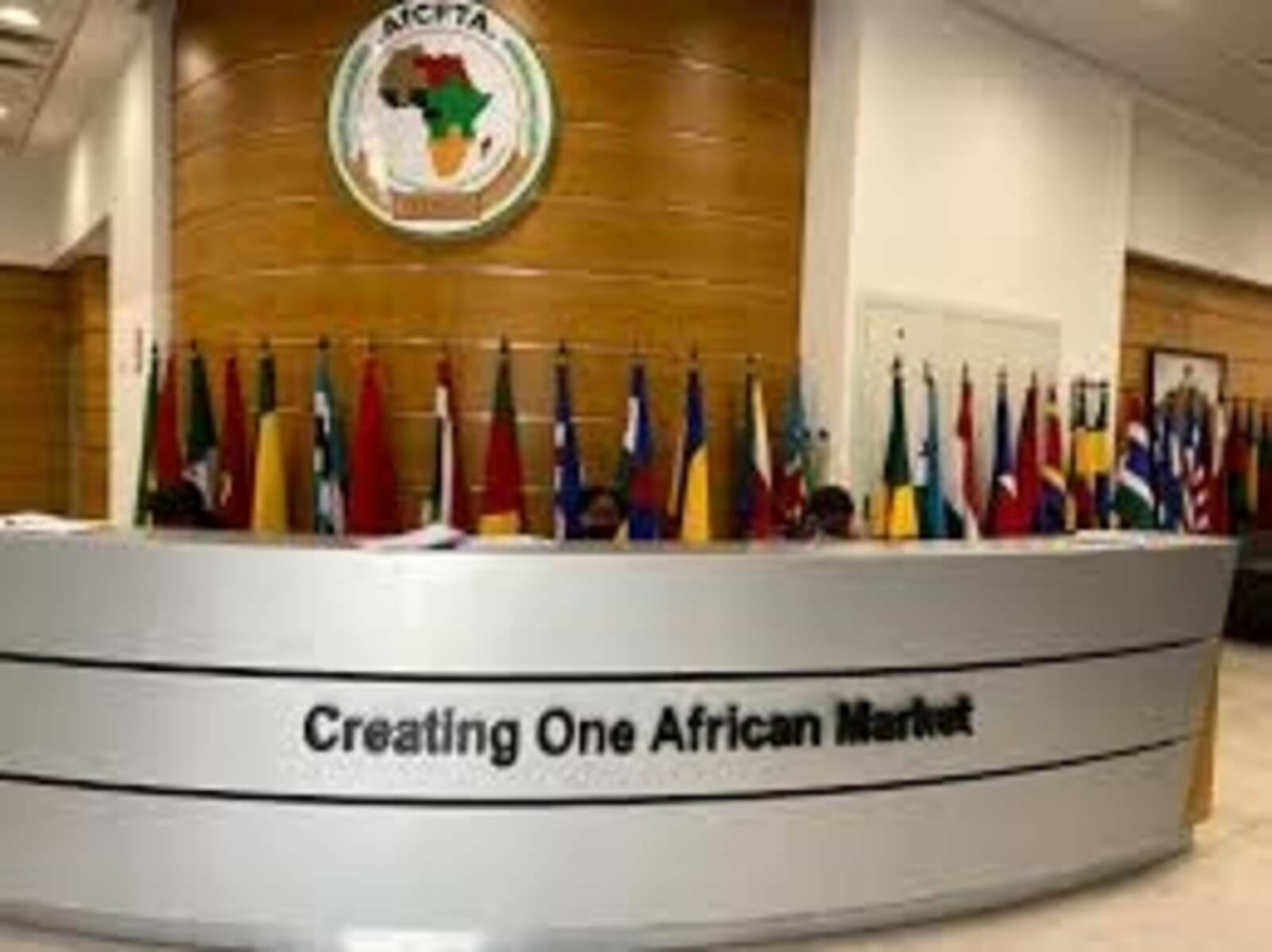As the private sector struggles to adjust business models to the growing challenges presented by Covid-19, it has become clear that digital transformation is integral to the survival of industries. Affordable digital transactions are needed more than ever and there is a need to harmonize facilitative policies in all COMESA Member States. Today’s financial inclusion agendas should consider the enablement of SMEs to leverage on retail digital solutions to access affordable, value-added digital financial services that also ensure appropriate safeguards for cross border transactions. Challenges such as access to finance, access to digital e-commerce platforms and strengthening digital supply chains have never been more profound as they are today. It is now a well-established fact that giving low-income households (and particularly women) access to formal financial services can make a critical contribution to reducing poverty and addressing inequality. A wealth of research now proves that access to services such as secure savings, lower-cost remittances, affordable insurance and appropriate forms of credit, contributes to more inclusive growth. This helps foster domestic resource mobilization, increases productive capacity, and reduces household vulnerability. It is against this background that the COMESA Business Council (CBC) in partnership with Eastern and Southern Africa Trade and Development Bank (TDB) hosted a Public Private Dialogue, themed, “Towards the COMESA Digital Integrated Common Payment Policy for Micro Small and Medium sized Enterprises (MSMEs)” on the 20th of January, in Kigali, Rwanda. The one-day meeting validated a draft digital Common Payment Policy for Micro, Small and Medium-sized Enterprises (MSMEs). Going...
COMESA Business Council backs digital financial inclusion for small businesses
Posted on: February 8, 2021
Posted on: February 8, 2021

